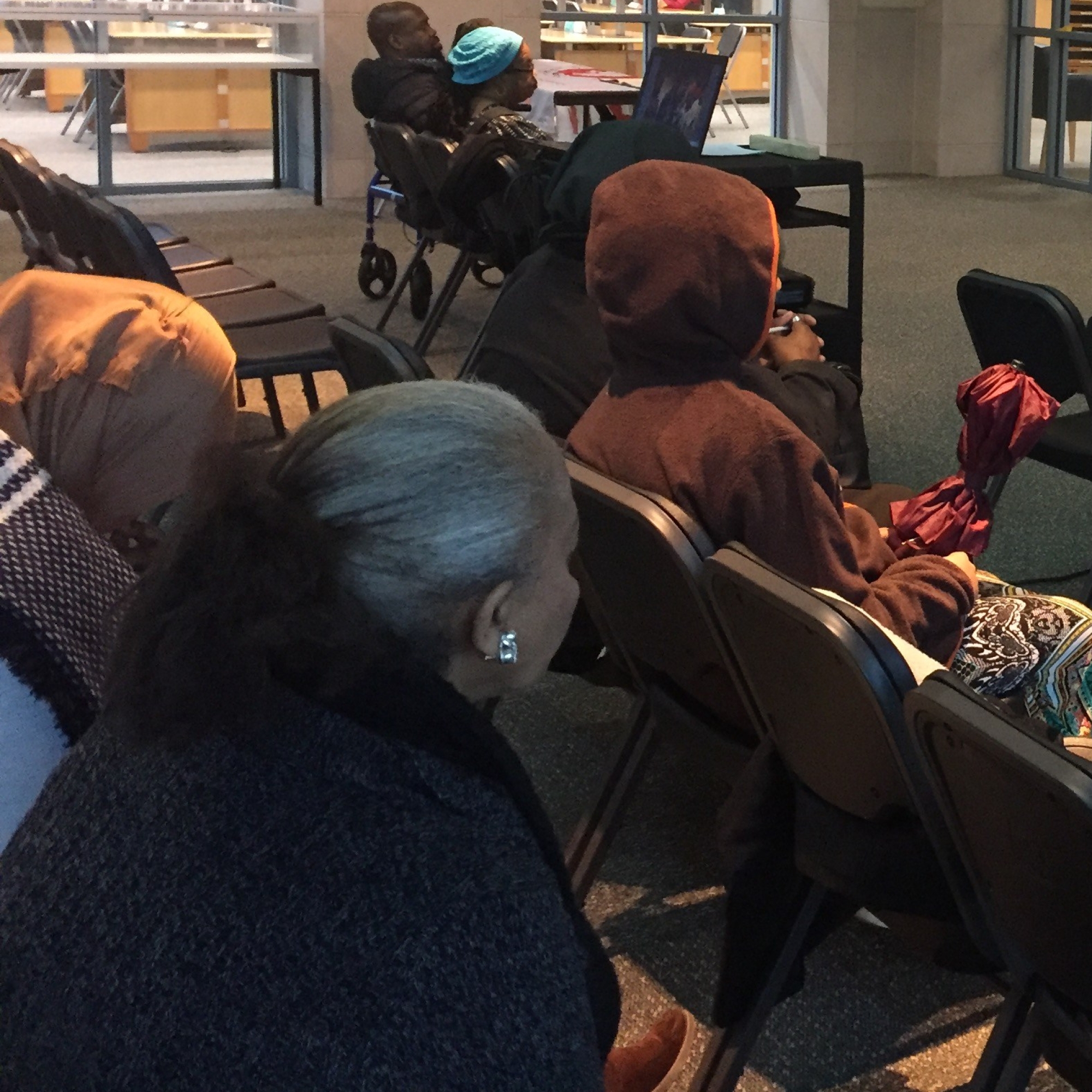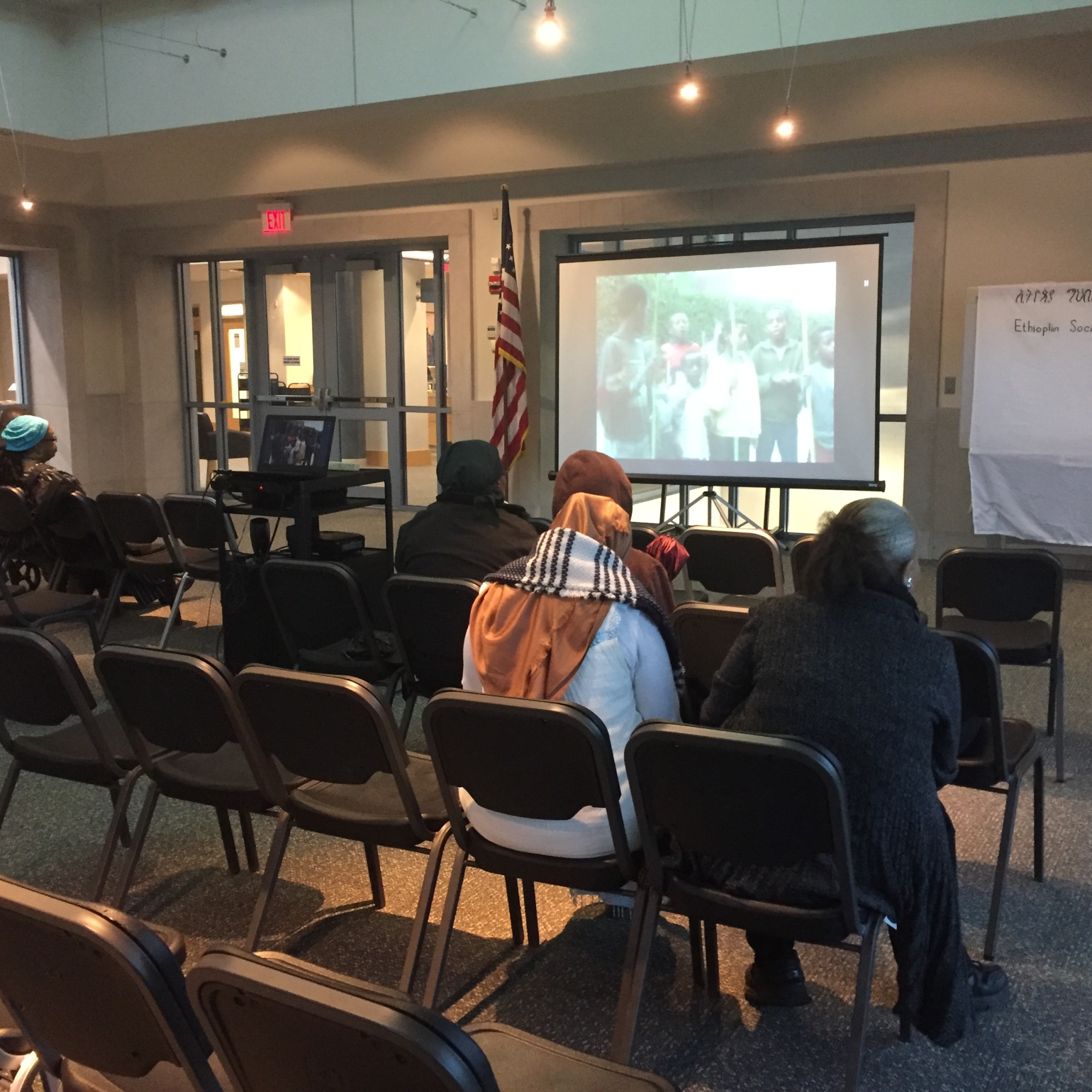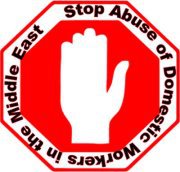INTERNATIONAL WOMEN’S DAY
Ethiopian Social Assistance Committee (ESAC) commemorates International Women’s Day 2023! We have held various seminars on education, awareness and action towards Women’s Rights! Ethiopian Domestic Workers (specifically Ethiopian women) leave Ethiopia to Gulf States with hopes of economic opportunity / stability! Unfortunately, Ethiopian Women domestic workers among them did not receive what they expect! We understand the plight and importance of Women’s Rights within the Ethiopian community but internationally, as well! Women’s issues is still problematic and ESAC plans to try to contribute to solve these issues! Issues can wide from economic opportunity, equal rights, access to education, equitable healthcare, and so much more! ESAC is thankful to celebrate the importance of International Women’s Day and plans to seek your support in its continual plan against Women’s Rights issue! ESAC welcomes support in addressing issues and plans many more events in light of this! PLEASE JOIN US IN SUPPORT IN BRINGING WOMEN’S RIGHTS ISSUES! Lets change this!
International women event at esac march 17/19
By Zewditu Fesseha esac founder





I would like to thank you for supporting ESAC in our efforts to bring awareness to the Rights, Equality and Better Standards of Living for young girls and women of Ethiopian decent, living in The Gulf States and other predominant Muslim countries. For several decades the treatment of women around the world, from Africa to Asia and from Europe to the Americas has been short of Sinful! Young girls from poor countries and neighborhoods around the world have been bought and sold, continuously for the sick pleasures of the rich in upper class societies. Child Trafficking, Sex Trafficking, Slave Trafficking are all a part of a normal society for many in Africa and Most Middle Eastern Countries and The Gulf States.
Ethiopia is a country full of Rich history and Accomplishments that still affect today’s global society. So, it is truly hard for me as an Ethiopian Native, to sit back and watch silently as Such a Rich History becomes tarnished by present standards of living toward my fellow Countrymen. This is my reason for standing before you today.
Domestic worker safety in the Gulf came under international attention this year when the body of Joanna Demafelis, 29, from The Philippines; was found in a freezer at a home in Kuwait. Local media reported that there was evidence she had been tortured by her Lebanese and Syrian employers who were eventually found in Syria by Interpol.
Agency France-Presse reported, The Philippines subsequently announced a ban on women working as domestic workers in Kuwait, to which the government announced, that it would recruit more domestic staff from Ethiopia!
Last year, an employer in Kuwait filmed her Ethiopian maid falling from a seven-story building!
Ethiopia has only recently lifted a five-year ban on its citizens working in the Gulf state. The Ethiopian government had banned its citizens from employment as domestic workers in the UAE in July 2012 to protect them from abusive employers. At that time, according to Ethiopian Ambassador, Mesganu Arga Moach, “About 250 to 300 people are coming daily to work as domestic workers and security worker.” As migration continued, the ban was lifted and negotiations for a formal agreement began.
According to a 2017 study published in the journal Globalizations and Health, many domestic workers were not only unfamiliar with the Arabic language and culture of the Gulf; but also the safe use of household appliances and cleaning products. Under the new arrangement, domestic staff will be required to undergo training in Ethiopia before travelling to the UAE.
The proposed UAE-Ethiopia agreement is one of several under negotiation this year. Negotiations are being made not only for safety, but also for salary and More Importantly Women’s Rights in Employment.
The Saudi media reported, that Saudi Arabia’s Ministry of Labor and Social Development and the Ethiopian government agreed on a unified contract for domestic workers in April. It stipulates compulsory training before travel and evidence of a bank account for salary deposit. A similar draft agreement is under review in Kuwait.
However, as progressive as this may be with the UAE; Illegal recruiters are also trafficking young girls and women across the Al Ain border to Oman, where Ethiopia has no diplomatic Mission and No labor agreements. So, as you can see, even though, there is acknowledgment by the Ethiopian government that there is a problem, the exploitation of its citizens is still very prominent and very real; This, is why we need as much help as possible from the general public.
In consideration of the Mothers, daughters and sisters of Every country in the world that, at some point in it’s history, until now, had to deal with the Degradation, Selling, Stealing, Raping and Shameless Killing of their Women…I implore you to do all you can to honor this time of year for International Women’s Month. As we Unify ourselves to become aware of the continued crimes around the world against Women…Let us Unify ourselves to do Something About it.
Please Help ESAC to continue the work we are doing to build a source of support, in Ethiopia, for young girls and women; to help with Personal care, Advocacy outsourcing and Education. With these basic resources, we are hoping to be able to build a foundation for those who have none of their own with which to start. We are involved in the building of a community center in a Rural portion of Ethiopia for this purpose.
If you would like to find out more about the efforts of ESAC and would like to join, in doing your part to make a difference to your sisters around the world…Please feel free to see me after this segment and I will gladly provide to you all the information you need. You can also send an email to ….to join our mailing list and get involved in future events.
Thank you again for your time and for all future support to our Ethiopian Sisters being trafficked and killed all for the sake of making an honest living for their families.
Thank You.
ESAC Ethiopian New year Cerebration
እንኳን አደርሳችሁ ዘመኑ የሰላ የደስታ የጤና ዘመን ያርገው!!
New York, New York –
ETHIOPIAN SOCIAL ASSISTANCE COMMITTEE will host Ethiopian New for cultural and family day for those adoptive families who wo uld like to learn more about Ethiopian history and culture. ESAC will hold an event on Sunday, October 12th, 2014, at 310 E. 42nd Street in New York City.
uld like to learn more about Ethiopian history and culture. ESAC will hold an event on Sunday, October 12th, 2014, at 310 E. 42nd Street in New York City.
The interest for learning more about Ethiopia’s culture, language, and history is growing and we are asking you to join us in creating awareness for adoptive families, Ethiopian and non-Ethiopians to connect with their roots or interests.
ESAC provides a bridge for adoptive families to connect with the Ethiopian community. ESAC gives Amharic classes in the New York area for all interested individuals, from adopted Ethiopian children to their parents, to researchers and students. All who are interested in learning Ethiopian language and history are welcome. ESAC is providing Amharic lesson by Skype. ESAC like to announce 2015 summer traveling tour to Ethiopia. Any one likes to know about the plan fill free to contact ESAC.
During this October event, Ethiopian music, food and beverages will be provided including traditional Ethiopian coffee ceremony. Many difficult to find Amharic books for English speaker and will be available for sale. Proceeds will go to ESAC’s Women Domestic Worker Equal Rights Project.
ESAC Annual Family and Cultural Exchange Day
In celebration of Ethiopian New Years, ESAC focuses on the value of family and culture.New York, NY (October 12, 2013) —
ESAC (Ethiopian Social Assistance Committee) hosted its annual family and cultural exchange day for many Ethiopian adoptive families. ESAC provides a bridge for adoptive families to connect with the Ethiopian community. Its goal is to make an impact in the local Ethiopian adopted children and to make a real difference in the lives of children and their families. During this event, ESAC members and attendees, were welcomed by guest speakers and a wide array of Ethiopian cultural food and coffee ceremony. Many of the attendees and their children were entertained with live Ethiopian New Years music while embracing other cultural music from many other artists who performed live. Below are some pictures from this event:
Ethiopian Social Assistance Committee
New York, NY (March 29, 2013) — The Ethiopian Social Assistance Committee held its second event on March 23rd, 2013, celebrating the Women’s History month by advocating for domestic workers in the Middle East.

The event featured a panel discussion that brought together educator, community leaders from different walks of life, including Profs. Ephraim Director of the Semitic Studies and the first Profess of Afro-African studies at Harvard a member of Ethiopian Community, Ms. Beejhy Berhane; Founder and Executive Director BINA Cultural foundation and Ms Meskerem Assefa within her own will, is a representative of Ethiopian Emigrants worker in Lebanon/Beirut. The chairperson and founder of ESAC, Ms. Zewditu Fesseha and the moderator, Ms. Keabnesh Girma led the discussion highlighting the issue with continued abuse of Ethiopian domestic workers in the Middle East.
Prof.Ephraim Isaac Director of Semitic study at conference.
In celebration of international women month ESAC conference march 23, 2013, New York Panelists looked for a solution and collaboration for Ethiopian immigrant workers in the mid-East.
ESAC October New Year
During the month of October, ESAC hosted an event for Ethiopian adopted children while celebrating Ethiopian New Year. Due to an unwarranted guest a.k.a hurricane Sandy came and chased everyone who was invited, to not attend even though we did not cancel the event. This video will show what we did during that day! To see more, we will post pictures.
ESAC would like to appreciate our guest speaker, Professor Ephraim Isaac for attending our event among many other attendees.
Make donations here
Ethiopian Social Assistance Committee here (hereinafter ESAC) is organized under the non-profit public benefit corporation law for welfare and educational purposes. The community in need of social assistance and other concerns, the ESAC is formed as a non-profit organization. Our mission is to (in the next 5 years) bring rights to domestic workers in the Middle East. Within that goal, the source of the problem to solve is to plan to educate the youth to better understand this circumstance. Please help us and donate to eradicate inhumane conditions of women.
Click below to make donations:
Resolution in Support of Foreign Domestic Workers in the Middle East
WHEREAS, it is known large number of Ethiopian women travel to the Middle East to work as domestic workers, and often most of them are abused, denied their salaries, held in captivity, raped, and tortured by their employers; and,
WHEREAS, it is also known that majority of the governments in the Middle East exclude foreign domestic workers from legal employment protection; and,
WHEREAS, the United Nations Commission on Human Rights and the International Labor Organization have to put more pressure on the Middle Eastern governments; and,
WHEREAS, the abuse of domestic workers is a human rights issue, which needs an in-depth understanding and a strategic solution within and beyond the Ethiopian community; and,
THEREFORE, BE IT RESOLVED, the Ethiopian Social Assistance Committee has inaugurated its first public meeting on March 03, 2012, to create an advocacy task force to lobby governments and responsible parties on the plight of foreign domestic workers, particularly Ethiopian women, in the Middle East.
BE IT FURTHER RESOLVED, the Ethiopian Social Assistance Committee calls on the governments of the Middle Eastern countries where the abuses occur, the Ethiopian government and governments of others countries that send domestic workers to the Middle East, the United Nations Commission on Human Rights, and the International Labor Organization to find practical and sustainable solutions to ensure that the human as well as civil rights of domestic workers are fully protected.
BE IT FURTHER RESOLVED, the Ethiopian Social Assistance Committee expresses its interest in collaborating with governmental and civil organizations that are already advocating for foreign domestic workers and are actively involved in alleviating the problem.
BE IT FINALLY RESOLVED, the Ethiopian Social Assistance Committee believes that women’s basic human and civil rights must be ensured, and reaches out to all concerned individuals to join the movement in raising awareness for the foreign domestic workers and in demanding that the abuse they face must be abolished.
Update: Ethiopian Woman Beaten on Camera Kills Herself: Vigil for Alem Dechassa
Members of ESAC are shocked and devastated by this sad news!!! As our chairwoman Ms. Zewditu has urged, all concerned individuals (Ethiopians and non Ethiopians) who live around NYC and beyond please join us to fight this fight against the abuse of domestic workers in the Middle East. It is inhuman to savagely abuse domestic workers and it must be stopped. May Alem Dechassa rest in peace!!!
Tadias Magazine
News UpdateWednesday, March 14, 2012
New York (TADIAS) – The Ethiopian domestic worker that was violently mistreated outside the Ethiopian embassy in Beirut, as shown in a viral video last weekend, has committed suicide, Ethiopia’s Consul General confirmed to local media in Lebanon.
Alem Dechasa, 33, hanged herself using her bed sheets Wednesday morning, the Daily Star newspaper reported.
“My body is shaking and my heart is broken” said Ms. Zewditu Fessehaa, Chairwoman of the Ethiopian Social Assistance Committee in New York City, whose organization has been mobilizing efforts to assist the victim. “It’s depressing, it’s very sad and it’s unfair. She added: “As a mother I want to appeal to the Prime Minister of Ethiopia to do something. Our daughters are being treated like dogs and there is nothing we can do about it.”
Ethiopian General Consul Asaminew Debelie Bonssa spoke to the Daily Star following a visit to the hospital where she killed herself. According to the newspaper, the Ethiopian consulate official said he saw Alem Dechasa Saturday and she appeared fine. The diplomat also said doctors told him they checked on her at 5 a.m. this morning and when they returned at 6 a.m. she was dead. Bonssa said he was ‘deeply shocked’ by the news.”
In New York, the ESAC chairwoman called for a collective response. “I want to appeal to everyone. We need to pull together to stop this madness,” Ms. Fessehaa said. “The cruelty directed against domestic workers is a human rights issue.” She added: “It needs an in-depth understanding, and an innovative solution within and beyond the Ethiopian community. We need people from every profession to assist us to make sure that our sister did not die in vain.”
Meanwhile, a vigil to mourn Alem Dechasa’s death is scheduled in front of the Lebanon embassy on Thursday, at 11 AM in Washington D.C.
Abuse Case in Lebanon Featured on Tadias News
In this informative article from Tadias, In Lebanon Abuse Video of Ethiopian Domestic Worker Surfaces, ESAC’s chairperson outspokenly criticized the mistreatment of foreign domestic workers in the Middle East and encouraged concerned people to work together in order to find possible solutions to help the women:
“It is time to end the unchecked exploitation of migrant women in the Middle East,” said Ms. Zewditu Fessehaa,” Chairwoman of the Ethiopian Social Assistance Committee in New York City. ESAC recently hosted a public forum to highlight the plight of Ethiopian female domestic workers in the Middle East. “As the world can see from this video the treatment of domestic workers in that part of the world is inhumane, barbaric, unjust and must be stopped,” Ms. Fessehaa said.
In New York, Ms. Fessehaa said she is urging everyone to speak out on behalf of the workers. “Men or women, it is time to break the silence on this urgent crisis,” she said. “We need to demand that our women are treated with dignity and humanity.” She added: “We need to start thinking about alternative solutions to the larger problem that continues to lure them to unsafe work conditions in foreign lands. This issue must be permanently solved.”


